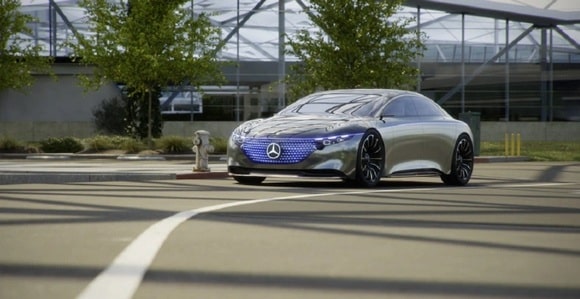The first article in this series highlighted one of the biggest and most revolutionary changes ever to come our way — autonomous vehicles (AVs). AV technology will mark the first time in history that transportation is possible without requiring any active human labor.
Autonomous Driving (AD) is made possible by the harnessing of cutting-edge sensors, advanced computing, and sophisticated algorithms. Nevertheless, while some claims are being made that AVs are ready for prime time, they are premature. There remain significant kinks in the technology. Hence, regulatory bodies are closely monitoring the development of such systems in order to ensure public safety.
41 U.S. states have approved development of self-driving cars
No fewer than 41 U.S. states have enacted legislation or issued executive orders regarding the development of self-driving cars, but the bottom line for activation is “not yet.” For now, there must be a human in the loop.
The missing link, of course, is teleoperation. Numerous countries and states are paving the way. The United Kingdom, Sweden, Japan, California, Michigan, and Texas are just some of the places where teleoperation is mandatory for any operation of autonomous vehicles for testing purposes or pilot programs. With trailblazers like these, surely the need, acceptance, and demand for teleoperation and its legislation is expected to spread. This happened in a major way last month when Germany took the lead in this roster of teleoperation trailblazers.
Germany authorizes commercial deployment of autonomous vehicles (AVs); teleoperation required
On May 28, the German Bundesrat approved the new Level 4 AV law. Level 4 refers to levels 0-5 of autonomy in vehicles as defined by SAE International, a global standards developing organization for engineering professionals. Levels 4 and 5, being the highest two, are the only levels that do not require active participation from an in-cabin human driver. In essence, the German government passed a law stating that AVs can be commercially deployed on the roads of Germany. As part of this groundbreaking initiative, officials mandated that humans must still be able to intervene, from a distance. They legislated teleoperation into law.
Sometimes legislation is written in ambiguous terms, leading to confusion and abuse. Fortunately this is not the case with Germany, where the new law stipulates that:
- Manual remote driving is not allowed.
- Only indirect controls are allowed. This is when the autonomy system offers one of a menu of choices for the human to choose from, or where the human gives “high-level” commands.
- The Self Driving System (SDS)/Autonomous Driving System (ADS) is always in control of the driving task, and is always responsible for driving. Even after a command is given by a human operator, the SDS/ADS decides when and how to execute it safely.
- Teleoperation is intentionally called “Technical Supervision (Technische Aufsicht),” to make the role distinction clear.
- The SDS/ADS always decides when it needs support from the Control Center (CC) and initiates a teleoperation session. This only happens after the vehicle performs a minimal risk maneuver [MRM] and brings the vehicle to a safe stop with hazard lights on, aka a minimal risk condition [MRC]. There is one exception: A teleoperation session can be initiated from the CC in order to issue a safe stop command only in special circumstances, including a cybersecurity attack.
- There is no longer a requirement for each vehicle to be monitored 1-on-1 by a human. Humans can monitor on an as-needed basis.
- A continuous data link through cellular network(s) is mandatory.
Legislation for AV technology is beginning to catch up
Germany has always been a leader and an innovator in the automotive sector. This legislation demonstrates how the country continues to lead the pack. Surely other governments will take their cues from Germany and will begin to adopt very similar laws. Legislation has been lagging behind AV technology, but it’s starting to catch up.
Changes like these tell us a few things. First and foremost, it tells us that governments are really taking autonomy seriously and understand its importance. Furthermore, it tells us that this is all happening in real time. We are yet another step closer to self-driving cars. Finally, it tells us that the future will have to incorporate teleoperation. The importance of a human having the ability to intervene in critical situations is of great importance, and all companies dealing with autonomous vehicles will have to adopt this technology.
Amit Rosenzweig is founder and CEO of Ottopia, a teleoperation software company.
Article: Regulators know teleoperation is key for self-driving vehicles to succeed
